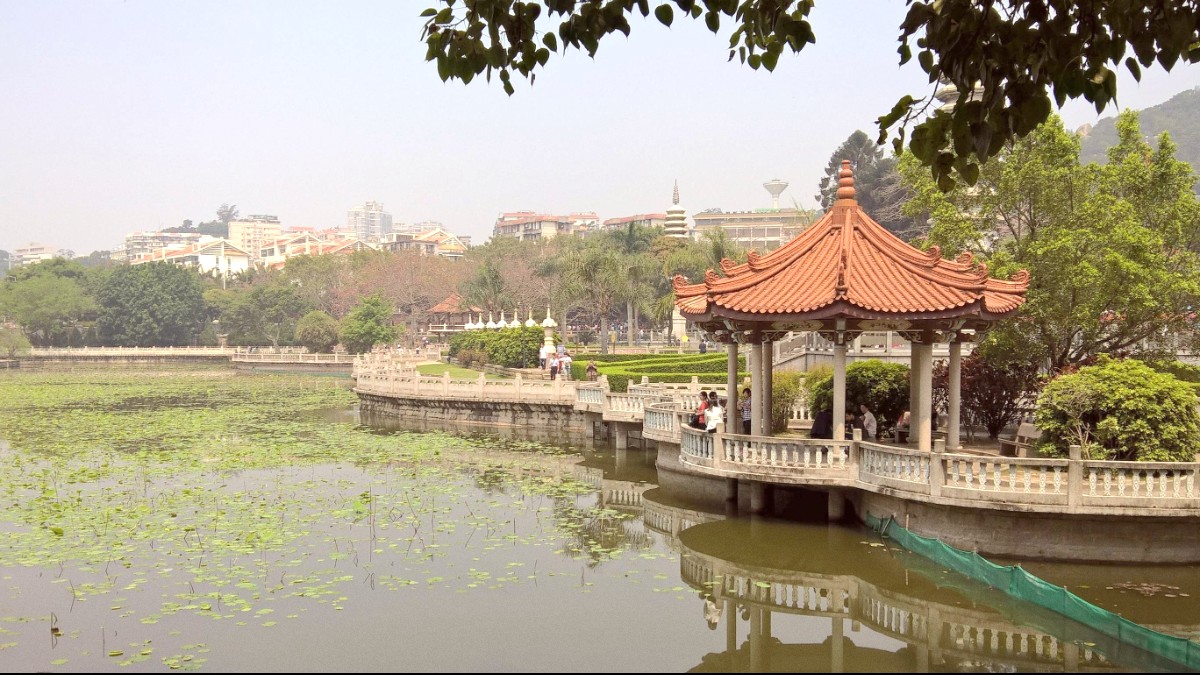
Fujian, China
China Mobile, China Unicom, and China Telecom are the three major providers. China Mobile often provides the best coverage, especially in remote areas.
Wi-Fi is widely available in hotels, cafes, and malls. Public Wi-Fi often needs a Chinese phone number for verification.
Mandarin Chinese is the official language. Minnan (Hokkien) is also spoken. English is not universal but spoken by some.
Learning a few basic phrases aids communication.
For flight disruptions, Compensair can assist with claims. Plan ahead for holidays as they bring major crowds and higher prices for transport and accommodation. Small local businesses may close during Chinese New Year.
Demonstrating cultural awareness is appreciated. Xiamen gradually improves accessibility, though older areas might still present challenges.
A simple "Nǐ hǎo" is suitable. A slight head nod is common. In formal settings, a handshake is customary. Titles like "Lao Ban" (boss) or "Ayi" (auntie) can display politeness.
Dress code in Xiamen is generally relaxed for casual wear. At temples, shoulders and knees should be covered as a sign of respect. Avoid overly revealing clothing.
Chopsticks are standard. Do not stick chopsticks upright in rice. Slurping indicates enjoyment. Spitting small bones onto a designated dish is acceptable.
Photography is generally allowed in public areas and most tourist attractions. Always ask permission before photographing individuals.
Avoid discussions on sensitive political topics. Be respectful of Chinese history and cultural narratives.
Xiamen progresses on accessibility. Newer public spaces are more accommodating. For those with mobility needs, research specific sites or contact venues directly for details. Travel with a companion for additional navigation and communication support.
Your choices as a traveler significantly shape the destination. This section provides guidelines for minimizing your footprint and fostering positive interactions.
Interacting respectfully with Xiamen's local culture and traditions enriches your travel experience and fosters positive relationships.
Showing respect at religious sites. Dress modestly, covering shoulders and knees. Remove hats when entering temples.
Responsible travel involves considering your visit's economic impact on the local community. Support local businesses directly.
Seek products clearly labeled as fair trade. Purchase directly from artisans when possible to ensure a fair price.
Adopting sustainable and responsible travel practices contributes to Xiamen's long-term well-being and a more meaningful trip. Reduce plastic waste by carrying a reusable water bottle and shopping bag. For reusable products, visit Package Free Shop.
Minimizing your environmental footprint is a facet of responsible travel in Xiamen.
China implements stricter waste sorting regulations nationwide. In Xiamen, bins for different waste categories exist.
Xiamen generally has sufficient water resources, but water conservation remains a national priority across China.
Wuyuanwan Wetland Park is a protected area focusing on wetland ecosystem conservation, specifically important for migratory birds.
Consider purchasing carbon offsets for your flights to and from Xiamen to mitigate environmental impact.
Seek accommodations committed to sustainability and tour operators prioritizing responsible tourism.
Look for properties with linen reuse programs and energy-efficient lighting. Some hold environmental certifications.
Choose operators with stated policies for environmental protection and local community support. Inquire before booking.
Avoid littering. Use designated bins and strive to reduce your waste generation.
Your actions contribute to the environmental well-being of Xiamen. Embrace sustainable practices like proper waste disposal, water conservation, and choosing eco-conscious services. These choices positively shape the local environment.